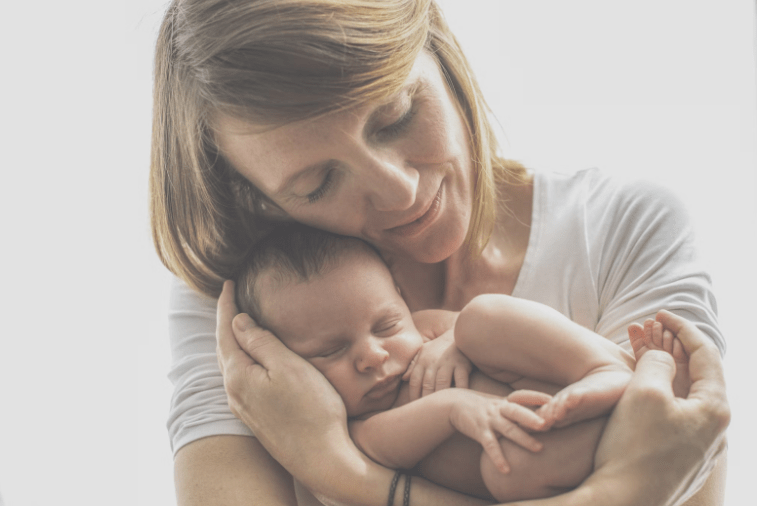
The world is full of advice about “self-care” after having a baby. Now, sure, by all means, you need to prioritize self-care; that’s a fact. But there’s generic advice like long baths, slow mornings, spa days… it all sounds amazing until you realize you are barely managing to brush your hair, your coffee is always cold, and sleeping in means getting a two-hour nap between feeds. Real self-care after birth is not about bubble baths and manicures. It is about finding tiny ways to take care of your mind and body when life feels totally upside down.
But yeah, those first weeks and months are tough. You are adjusting to a whole new version of yourself, physically and emotionally. Hormones are crashing, routines are chaotic, and it is completely normal to feel like you are running on empty. This is exactly why self-care needs to look more realistic, more forgiving, and much more focused on mental health rather than Instagram perfection.
Redefining What Counts as Self-Care
In the early postpartum days, self-care might be brushing your teeth before midday. It could be asking someone to hold the baby so you can sit alone for five minutes without anyone touching you. Some days, it might just be choosing a microwave meal instead of stressing about cooking. None of these things are glamorous, but they matter.
But really, traditional self-care advice does not really fit when you are healing from birth and raising a tiny human. It is not selfish to focus on survival-mode care. It is necessary. Seriously, just listening to your body, setting boundaries, and letting yourself rest are some of the biggest gifts you can give yourself right now.
It’s Okay to Need Help Sooner than You Thought
And yeah, that’s to be expected anyway. Everyone loves talking about how strong new mothers are, but the reality is that strength is not about pushing through silently. Sometimes it is about saying, “I am struggling,” even if you thought you would be fine. Really, it’s fine to be open about it. Be it something like postnatal depression, anxiety, or just feeling completely overwhelmed, getting help early can make a world of difference.
Finding Calm in Small, Safe Ways
Well, here’s something else to think about. So, if you’re not breastfeeding and you are open to holistic options, some parents explore supplements like CBD to help with anxiety and sleep issues after birth. Brands like Naturecan offer CBD products that many adults use to support their mental health routines.
But it is really important to note: if you are breastfeeding, CBD products are not recommended. This is just one way to help with self-care, but honestly, it’s really going to vary for each mom, and it’s going to vary whether you’re breastfeeding or not, too, so it’s just something to think about. You can also Shop Fenix Health Science unique and effective supplements for mental clarity and emotional regulation, helpful as part of your self-care routine.
Self-Care Does Not Have to be Picture Perfect
Okay, so you need to just go ahead and forget the idea that recovery and early parenting need to look polished. Self-care during the fourth trimester and beyond often looks messy. It might mean prioritizing a 20-minute nap over folding laundry. It could be saying no to visitors when you are too tired to pretend you are fine. It is about showing yourself the kind of care you would give a loved one in the same spot. But really, there is no gold star for doing it all.



